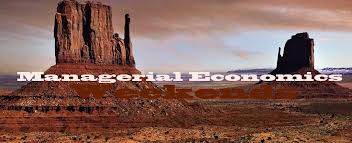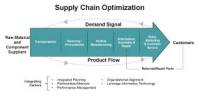Managerial Economics assists the managers of a firm in a rational solution of obstacles faced in the firm’s activities. It makes use of economic theory and concepts. It helps in formulating logical managerial decisions. The key of Managerial Economics is the micro-economic theory of the firm. It lessens the gap between economics in theory and economics in practice. Managerial Economics is a science dealing with effective use of scarce resources. It guides the managers in taking decisions relating to the firm’s customers, competitors, suppliers as well as relating to the internal functioning of a firm. It makes use of statistical and analytical tools to assess economic theories in solving practical business problems. Study of Managerial Economics helps in enhancement of analytical skills, assists in rational configuration as well as solution of problems. While microeconomics is the study of decisions made regarding the allocation of resources and prices of goods and services, macroeconomics is the field of economics that studies the behavior of the economy as a whole (i.e. entire industries and economies). Managerial Economics applies micro-economic tools to make business decisions.
Managerial economics uses both Economic theory as well as Econometrics for rational managerial decision making. Econometrics is defined as use of statistical tools for assessing economic theories by empirically measuring relationship between economic variables. It uses factual data for solution of economic problems. Managerial Economics is associated with the economic theory which constitutes “Theory of Firm”. Theory of firm states that the primary aim of the firm is to maximize wealth.
















